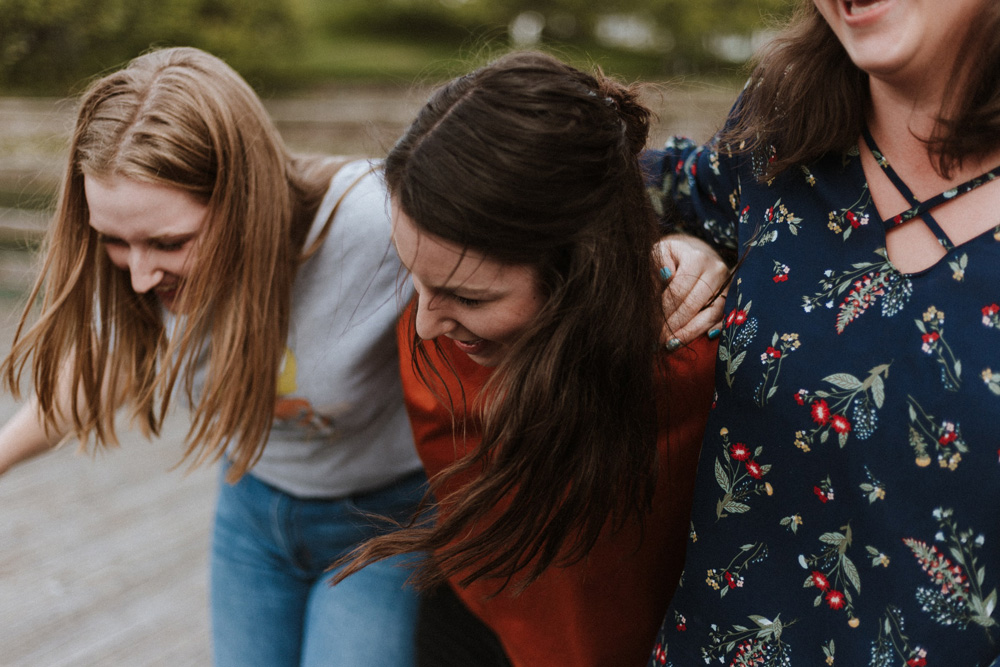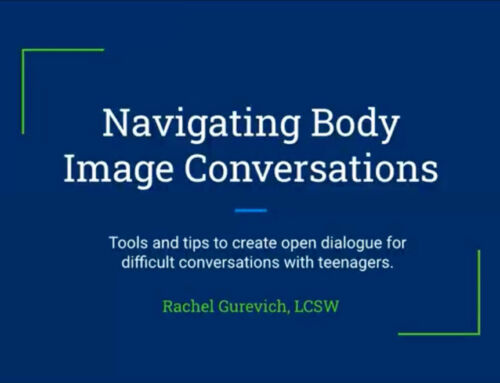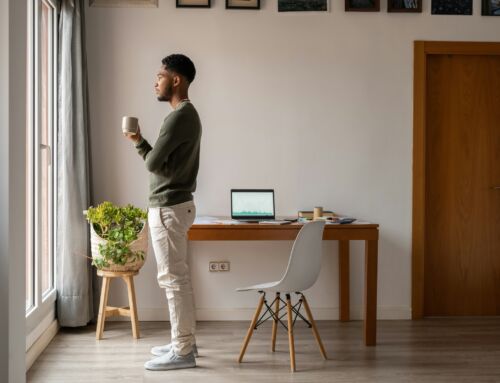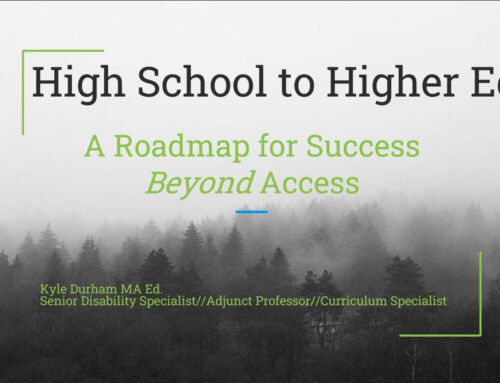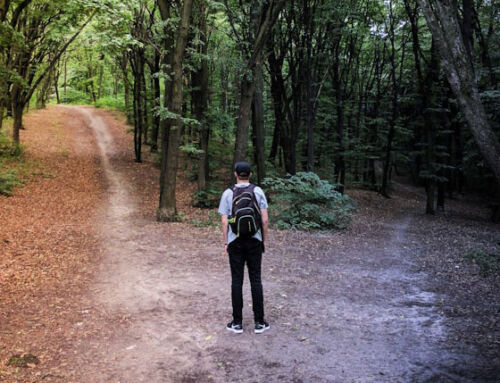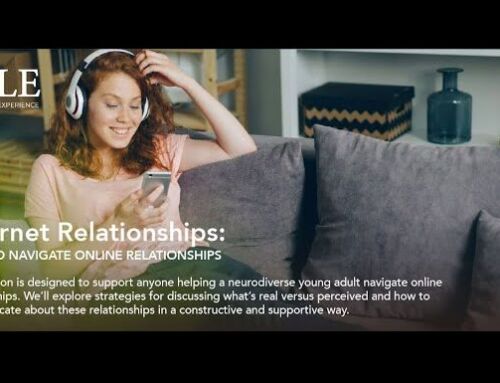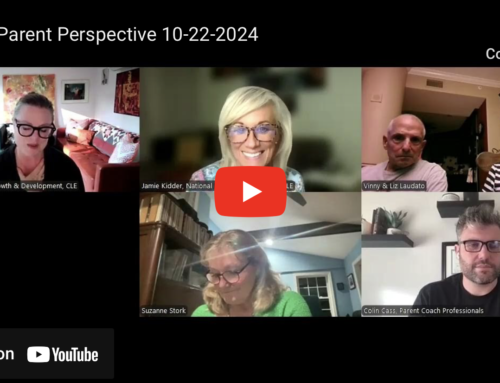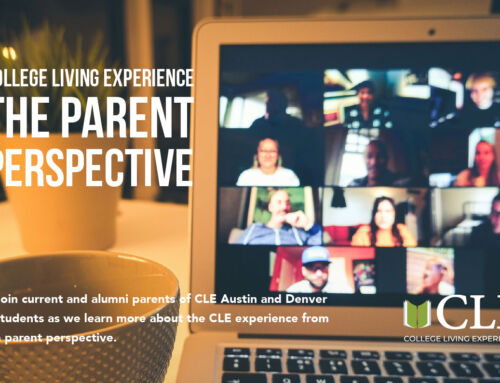by Janet Price, Assistant VP of Outreach & Admissions
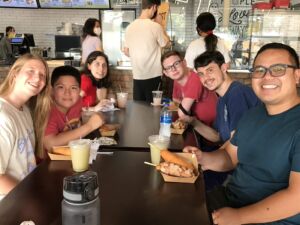 One of the most common questions we hear as families explore CLE is, “Will I fit in?” There are many ways to talk about a good fit, from academic support to career development, to help with mastering the skills of independent living. But often what our prospective students are really asking is: Will I make friends at CLE? Will I feel comfortable in a group of young adults with varying needs and different levels of ability?
One of the most common questions we hear as families explore CLE is, “Will I fit in?” There are many ways to talk about a good fit, from academic support to career development, to help with mastering the skills of independent living. But often what our prospective students are really asking is: Will I make friends at CLE? Will I feel comfortable in a group of young adults with varying needs and different levels of ability?
Many of our students come to us with a history of not fitting in. Families understand that we provide social coaching and shared experiences out in the community with support from staff. But what they are asking is, at the end of the day are our students comfortable with one another and kind to one another, whether they are together at the CLE center or out in public? Are they comfortable with neurodiversity, whether it’s themselves or others? Is there a sense of belonging?
We recently posed these questions directly to our students at all 7 centers through an online survey.
- 93% feel comfortable with their peers at CLE
- 99% are comfortable identifying themselves as neurodiverse
- 99% are comfortable being out in the community with their peers and their comments are pretty extraordinary:
I’m never going to feel embarrassed. We are all on the same wavelength[…] I am proud to be a CLE member and I chose this for myself, so I would never feel uncomfortable or embarrassed being around my peers.
I’m pretty (“rounded” to SUPER) comfortable with being seen out in the community with my CLE peers because I don’t see them as something to be ashamed of; and I couldn’t care less of the opinion of a person that I’ll never see/interact with again.
It makes me more comfortable sometimes, because I’m not worried about suppressing my stims or other natural behaviors that neurotypical people would find “strange” or “undesirable” because other students might also be doing that.
We also asked our students to consider their own struggles and challenges, and given their personal experiences, how might they react when they see someone else who is struggling either socially or with a specific task or challenge? Would their reactions be different at the CLE center or out in public? We learned that our students are not only compassionate towards one another, but insightful as well:
My reactions are different when I’m in the center vs out in the community because at CLE everyone knows everyone and we all struggle with some of the same stuff but outside in the community there are people who have less experience with neurodivergent people.
If I see someone that is struggling, I will jump in to help if there is no staff around. When there is staff around, I will ask for the staff’s assistance to help the other individual. My feelings and reactions are not different whether I am at the center or out in public.
If I see someone struggling socially or with a task or challenge, my actions are very dependent on if they seem open to receiving help. At the center, I generally feel more confident offering assistance because there’s less of a chance of an aggressive rejection, whereas when I see a stranger struggling in public the chance they might think it’s inappropriate for me to offer assistance is much higher.
One of our core commitments at CLE is that of “Respect and Compassion.” We are proud to have fostered a community of staff and students that reflects this commitment, and makes CLE a place of belonging.

